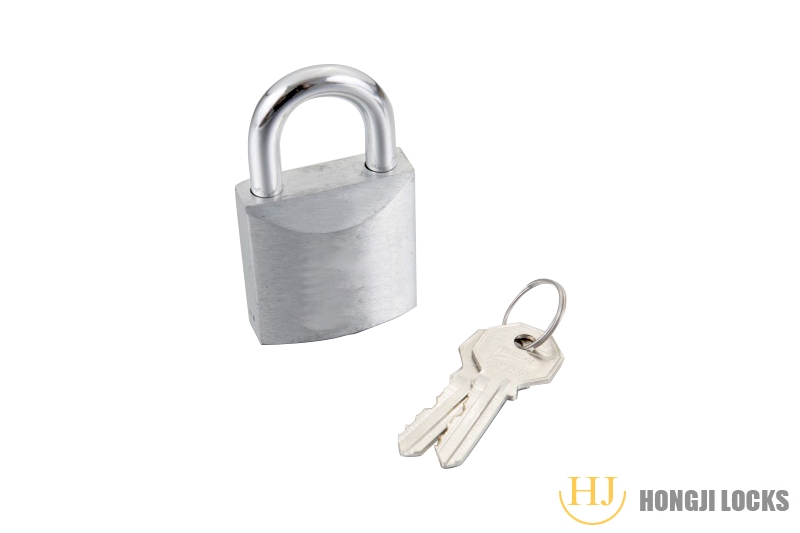

At present, most of the metal fingerprint lock smart lo […]
At present, most of the metal fingerprint lock smart locks on the market are zinc alloy panels. And why did Moloch choose niche aluminum alloy panels "not following the trend"? On the basis of the same functions, let’s compare the advantages and disadvantages of the zinc alloy fingerprint lock and the aluminum alloy fingerprint lock:
Zinc alloy has a low melting point and can be melted at about 400 degrees. It has good castability and is easy to die-casting. It can easily produce a variety of styles and shapes without a lot of machining procedures. It has low casting cost and is easy to electroplating. The effect after electroplating is good. .
Aluminum alloys are widely used in aerospace, automobile, machinery manufacturing, shipbuilding and other industries. Its melting point is about 700 degrees, and the process cost is higher than that of zinc alloys. The difference in the melting point temperature of the two also restricts the use of the product. The zinc alloy lock cannot be used in the occasions where the temperature is too high, nor can it be used in the occasions where the temperature is too low (below 0℃). The zinc alloy can only be maintained at room temperature. The mechanical properties.

In addition, the wear resistance and corrosion resistance of zinc alloy locks are not as good as aluminum alloys! Zinc alloy fingerprint locks usually fade after a period of use, and are prone to ageing, swelling and deformation, or even brittle and cracking. If the handle is made of zinc alloy, it is likely to break. The performance of aluminum alloy is relatively stable, coupled with the anodizing process, can ensure at least 10 years of use without corrosion and fading.
This is also the reason why our doors and windows use aluminum alloy instead of zinc alloy! Of course, in addition to the plasticity of zinc alloy is better than aluminum alloy, its hardness and tensile strength are also higher than aluminum alloy (zinc alloy hardness 60~140, tensile strength 260~440; aluminum alloy hardness 45~90, tensile strength 120~290 ), but when used in smart locks, with the blessing of smart security, the anti-violence level of aluminum alloy is sufficient.